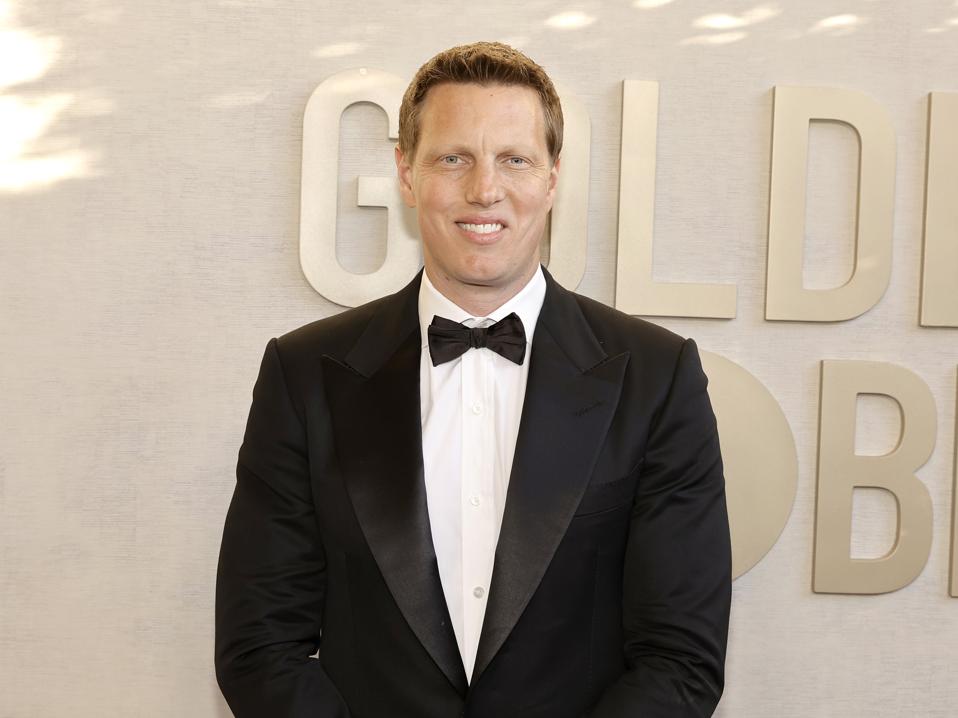Nearly two months after the merger between Skydance Media LLC and Paramount, the newly formed Paramount Skydance Corporation may be seeking to expand its entertainment empire with a rumored bid for Warner Bros. Discovery (WBD).
This news comes on the heels of WBD announcing its plans to separate into two entities – Warner Bros. and Discovery Global – by April 2026, which would certainly impact a potential transaction. Given their ownership of major franchise IP, Warner Bros. alone would still be a valuable grab; however, acquiring the company prior to the anticipated split would significantly drive up shares.
From the perspective of Paramount and Skydance, moving now to preemptively acquire WBD may come at a lower price, in aggregate, than engaging in an open auction (competing against well-capitalized bidders such as Netflix and Amazon) for the spun-off assets in the future. Still, it will be no easy feat.
Regulatory and Business Challenges
In any major transaction, media or otherwise, scrutiny from the Department of Justice over anticompetitive concerns can present major challenges. The merger between Paramount and Skydance was a perfect example, as it raised many concerns regarding the vertical integration of the two companies.
Aside from its studio, Paramount Pictures, Paramount was embedded in a mix of distribution platforms from its Paramount+ streaming service to its cable and broadcast channels (CBS, MTV, Nickelodeon, Comedy Central, BET, Showtime). Regulators were concerned that the merger between David Ellison’s Skydance and another notable production company would lead to a monopoly, allowing the creation and distribution of content independently from others in the industry. Monopolies also carry the risk of hurting the consumer bottom lines by raising prices while reducing the diversity of content. (Similar fears were raised in Warner Bros.’ merger with Discovery, specifically concerning the massive content library between the two – likely all points that will be raised in the discussion of this merger.)
As it stands, Paramount Skydance Corporation is already a power player in the streaming and media industry. As a merger with WBD would involve the acquisition of CNN, the Federal Trade Commission could also raise its own concerns over the massive broadcast ownership of the empire–potentially limiting its ability to take on CNN in addition to CBS.
From a shareholder perspective, Paramount Skydance will need to convince WBD shareholders that a sale of shares beats the initial plan to split into two publicly traded companies, which may prove promising given the surge in stock valuation since these rumors have publicly swirled.
The merger would also likely create questions surrounding the potential leadership amongst the multiple long-standing executives of these corporations, with caveats to the bid anticipated to protect the interests and jobs of WBD leaders.
Political Tensions
While the potential inner workings of this deal remain unknown–the bid is yet to be presented–the industry will be closely watching the Trump administration’s sentiment over this deal.
The Ellison family seems to have won over President Trump in the process of cementing the Skydance/Paramount deal, having promised him free advertising on CBS and, at the request of the FCC, hiring an ombudsman to ensure that the network remains free from bias and from DEI initiatives. Not to mention, Trump has recently outwardly supported Larry Ellison in Oracle’s potential bid for TikTok.
However, given the current polarization in the media space, we could expect public pushback and scrutiny over following a similar playbook for CNN, a historically left-leaning outlet. Many are concerned that governance by the administration over media consolidation could lead to shifts in editorial viewpoints to appease federal regulators in appearing “fair and balanced.” Such a deal will be very telling of the new Trump administration’s stance, following distaste over AT&T’s bid for Time Warner during his former presidency.
To The Winner Goes the Streaming
At the heart of this potential deal is one of the most prized content libraries in existence. Warner Bros. currently owns and controls franchises including “Harry Potter,” “The Lord of the Rings,” “DC Comics,” and “Friends,” among others, In recent years, Warner Bros. has achieved success in a turbulent box office climate while simultaneously bolstering its HBO Max streaming service with five-time Emmy winner “The Pitt” and two-time Golden Globe winner “White Lotus.” Though Netflix currently leads the streaming wars by most counts, this vast content library could massively reposition any buyer.
With the rumors swirling and WBD’s stock already surging, we may soon see a media bidding war. Streaming has taken over the traditional TV model, ushering in significant transformation of the entire media landscape. Mutually beneficial deals have become a critical compromise for traditional media to survive in the digital age, but come with a price. Here, that price is potentially limiting diversity both in terms of content production and viewpoints.

